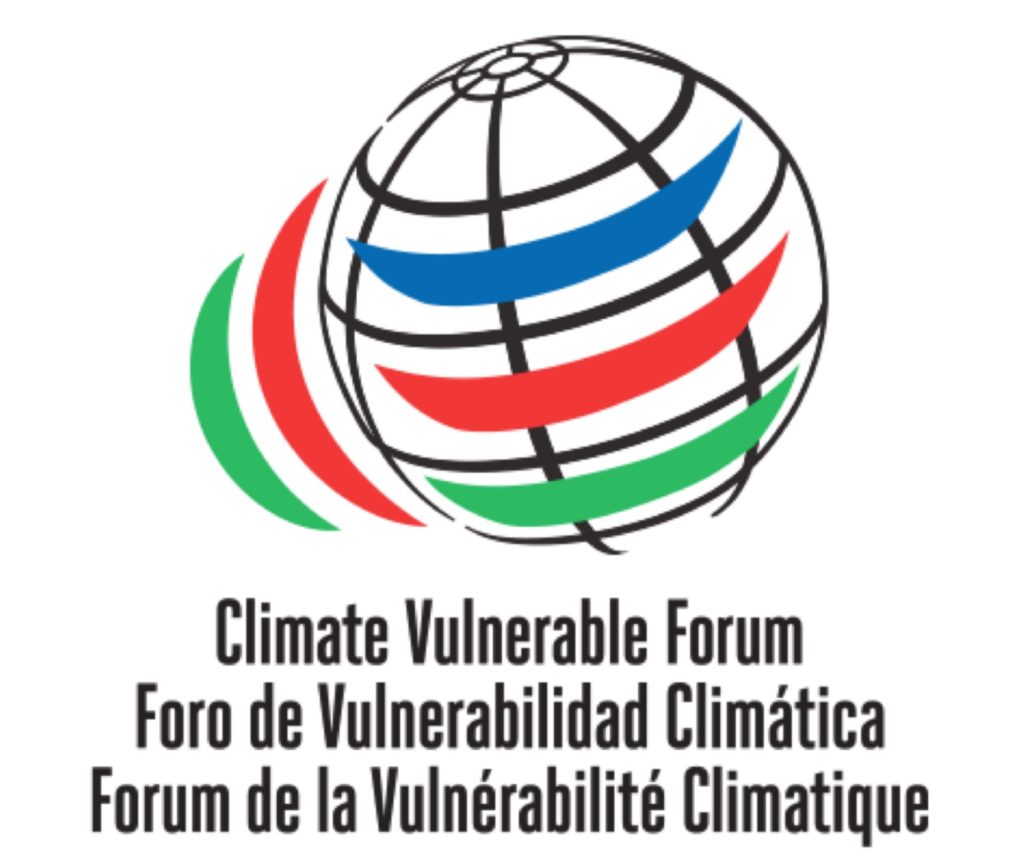 The 48 members of the Climate Vulnerable Forum have agreed to use only renewable energy by 2050.
The 48 members of the Climate Vulnerable Forum have agreed to use only renewable energy by 2050.
At their meeting on the sidelines of the United Nations Climate Change Conference in Marrakech, Morocco, the Forum decided to make their energy production 100 per cent renewable “as rapidly as possible” and between 2030 and 2050 at the latest.
The forum also vowed to take action to help limit global warming to 1.5 degrees Celsius above pre-industrial levels.
The Climate Vulnerable Forum, currently chaired by Ethiopia, was set up in 2009 and is made up of countries that are disproportionately affected by climate change.
A representative of the Marshall Islands said, “We are pioneering the transformation towards 100 percent renewable energy, but we want other countries to follow in our footsteps in order to evade catastrophic impacts we are experiencing through hurricanes, flooding and droughts.”
An adviser to the Bangladesh government said: “We shouldn’t see it as a burden, but an opportunity. Climate vulnerable countries can seize those opportunities.
“Former US Vice-President Al Gore described the forum’s statement as an ambitious vision for others to follow.”These ambitious and inspiring commitments show the path forward for others and give us all renewed optimism that we are going to meet the challenge before us and meet it in time.”
The 48 members of Climate Vulnerable Forum who have agreed to the decision are: Afghanistan, Haiti, Philippines, Bangladesh, Honduras, Rwanda, Barbados, Kenya, Saint Lucia, Bhutan, Kiribati, Senegal, Burkina Faso, Madagascar, South Sudan, Cambodia, Malawi, Sri Lanka, Comoros, Maldives, Sudan, Costa Rica, Marshall Islands, Tanzania, Democratic Republic of the Congo, Mongolia, Timor-Leste, Dominican Republic, Morocco, Tunisia, Ethiopia, Nepal, Tuvalu, Fiji, Niger, Vanuatu, Ghana, Palau, Viet Nam, Grenada, Papua New Guinea, Yemen, and Guatemala.




